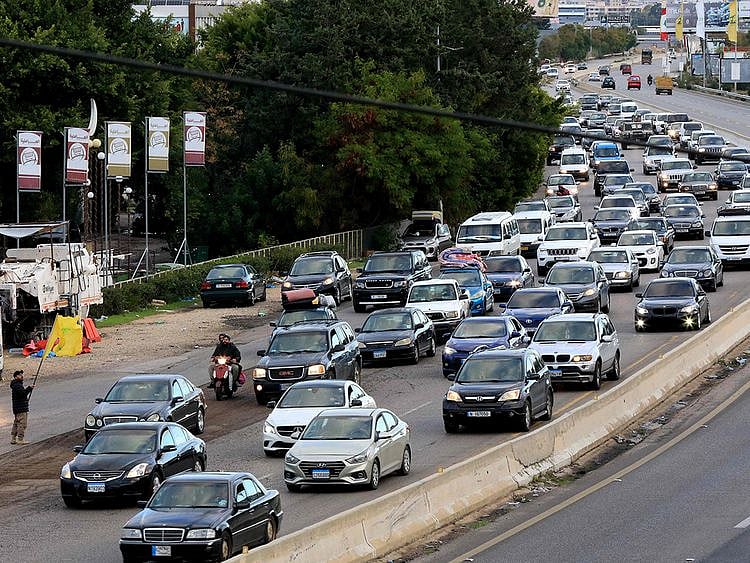World leaders react to Israel-Hezbollah war ceasefire
Leaders have welcomed a ceasefire deal between Israel and militant group Hezbollah

PARIS: World leaders have welcomed a ceasefire deal between Israel and Lebanese militant group Hezbollah, which came into force on Wednesday morning (0200 GMT).
Here are key reactions from around the world:
United States and France
The ceasefire between Israel and Lebanon will protect Israel from the threat of Iran-backed militant group Hezbollah and create the conditions for a "lasting calm", US President Joe Biden and French President Emmanuel Macron said ahead of the truce coming into force.
"The announcement today will cease the fighting in Lebanon, and secure Israel from the threat of Hezbollah and other terrorist organizations operating from Lebanon," the leaders said in a joint statement.
The United States and France will work "to ensure this arrangement is fully implemented" and lead international efforts for "capacity-building" of the Lebanese army, they added.
Biden welcomed the deal as "good news" and also said the United States would lead a fresh effort to secure a truce between Israel and Palestinian militant group Hamas in Gaza.
Macron said the Lebanon ceasefire should "open the path" for an ending to the war in Gaza.
Israel
Israeli Prime Minister Benjamin Netanyahu thanked US President Biden for his "involvement in securing the ceasefire agreement".
He told Biden in a call that he appreciated the US leader's "understanding that Israel will maintain its freedom of action in enforcing it", according to Netanyahu's office.
Ahead of Israel's approval of the deal, Netanyahu said the "length of the ceasefire depends on what happens in Lebanon" and the truce would allow Israel to "intensify" pressure on Hamas and focus on the "Iranian threat".
Lebanon
Lebanese Prime Minister Najib Mikati said the ceasefire was a "fundamental step" towards restoring stability in the region.
Thanking France and the United States for their involvement, Mikati also reiterated his government's commitment to "strengthen the army's presence in the south".
Germany
German Foreign Minister Annalena Baerbock welcomed the deal, hailing it as "a ray of hope for the entire region".
"People on both sides of the border want to live in genuine and lasting security," Baerbock said in a statement, calling the deal "a success for diplomacy".
United Kingdom
British Prime Minister Keir Starmer praised a "long overdue" ceasefire that would "provide some measure of relief to the civilian populations" of both Israel and Lebanon.
Calling for the truce to be "turned into a lasting political solution in Lebanon", Starmer vowed to be at the "forefront of efforts to break the ongoing cycle of violence in pursuit of a long-term, sustainable peace in the Middle East".
European Union
EU chief Ursula von der Leyen hailed the "very encouraging news" of the ceasefire, saying it would increase Lebanon's "internal security and stability".
The announcement was welcomed news "first and foremost for the Lebanese and Israeli people affected by the fighting", Von der Leyen said on X.
"Lebanon will have an opportunity to increase internal security and stability thanks to Hezbollah's reduced influence," she said.
United Nations
A top UN official welcomed the ceasefire agreement, but warned that "considerable work lies ahead" to implement the deal.
"Nothing less than the full and unwavering commitment of both parties is required," UN Special Coordinator for Lebanon, Jeanine Hennis-Plasschaert, said in a statement.
Sign up for the Daily Briefing
Get the latest news and updates straight to your inbox
Network Links
GN StoreDownload our app
© Al Nisr Publishing LLC 2026. All rights reserved.